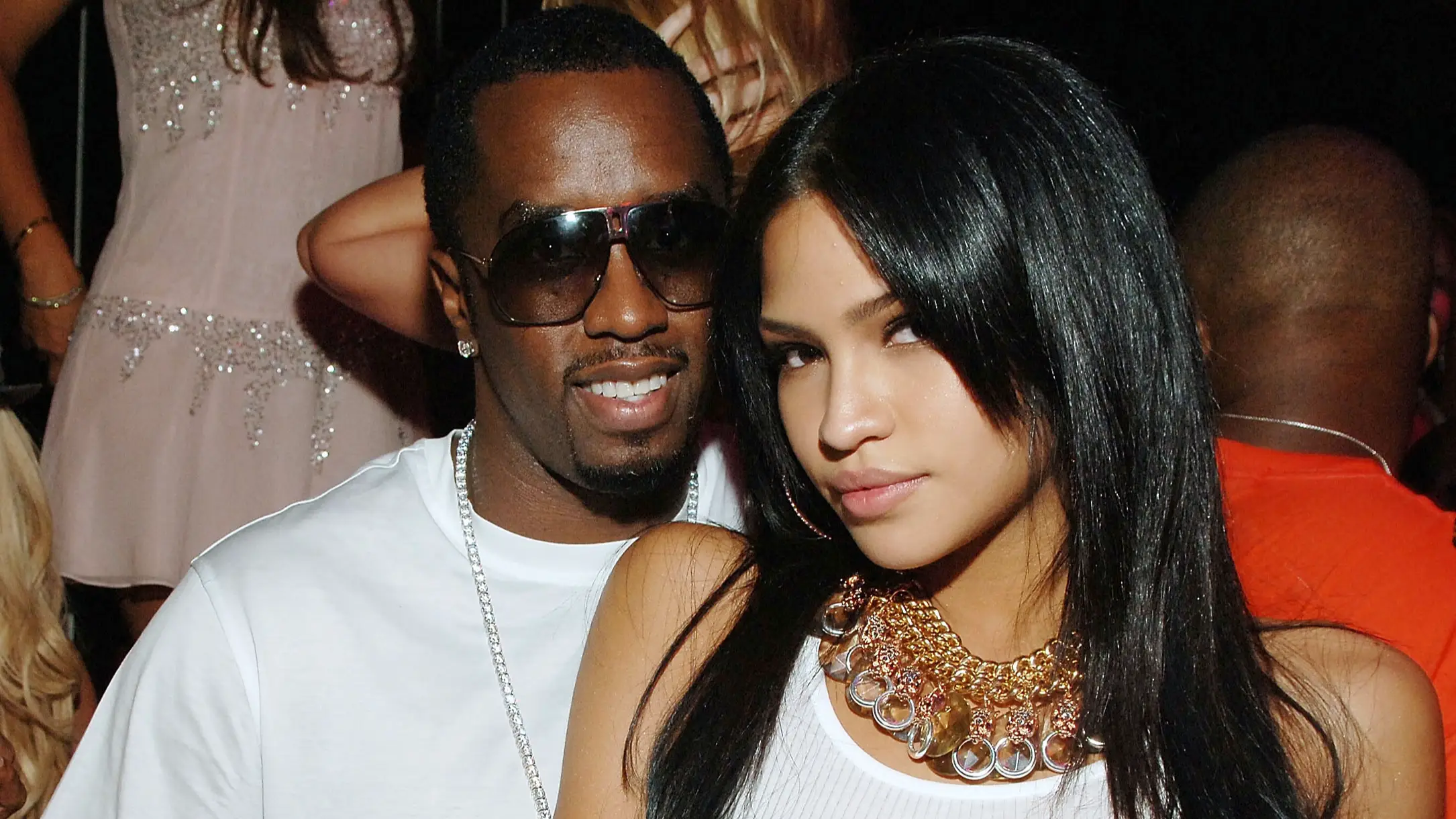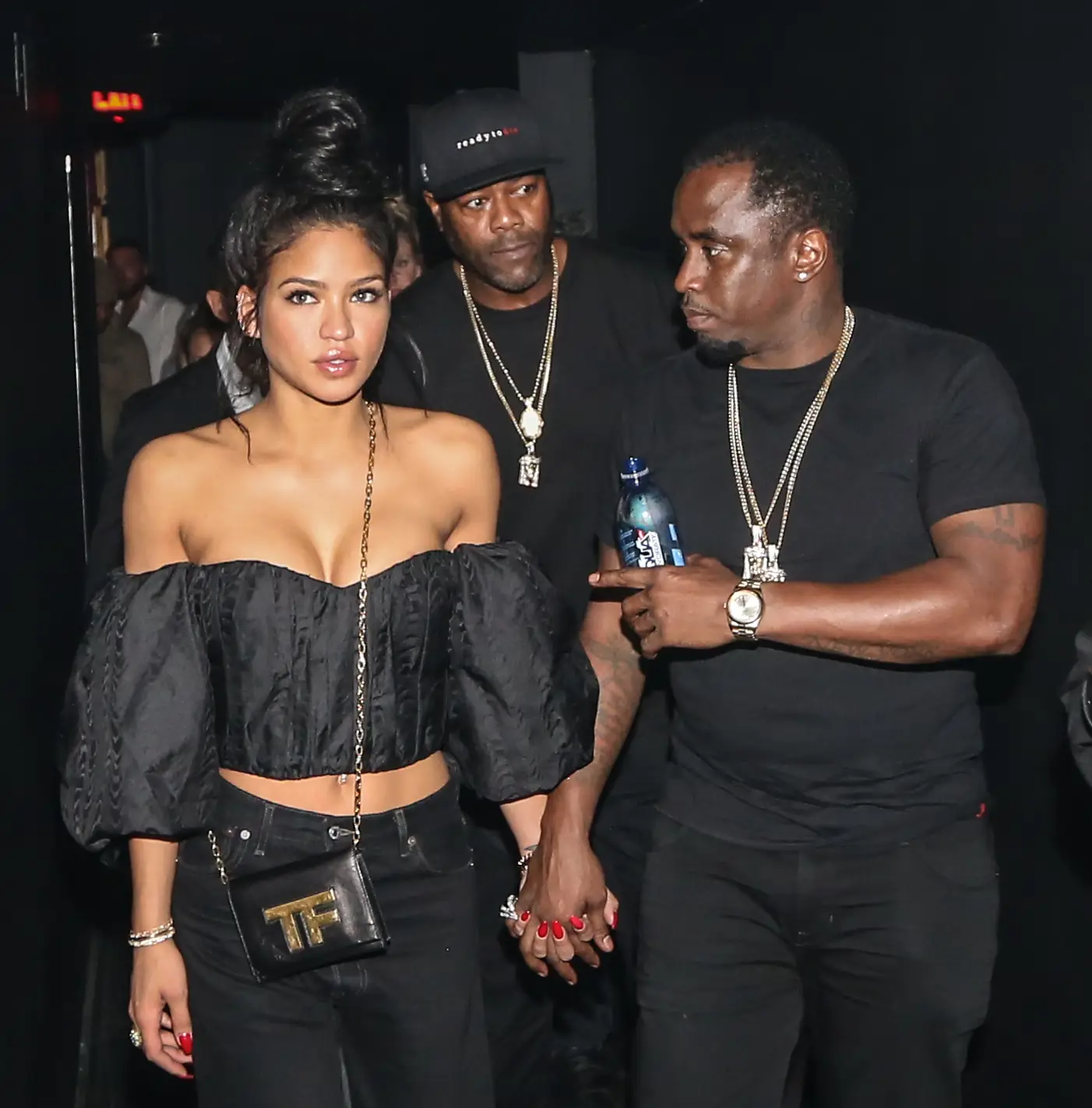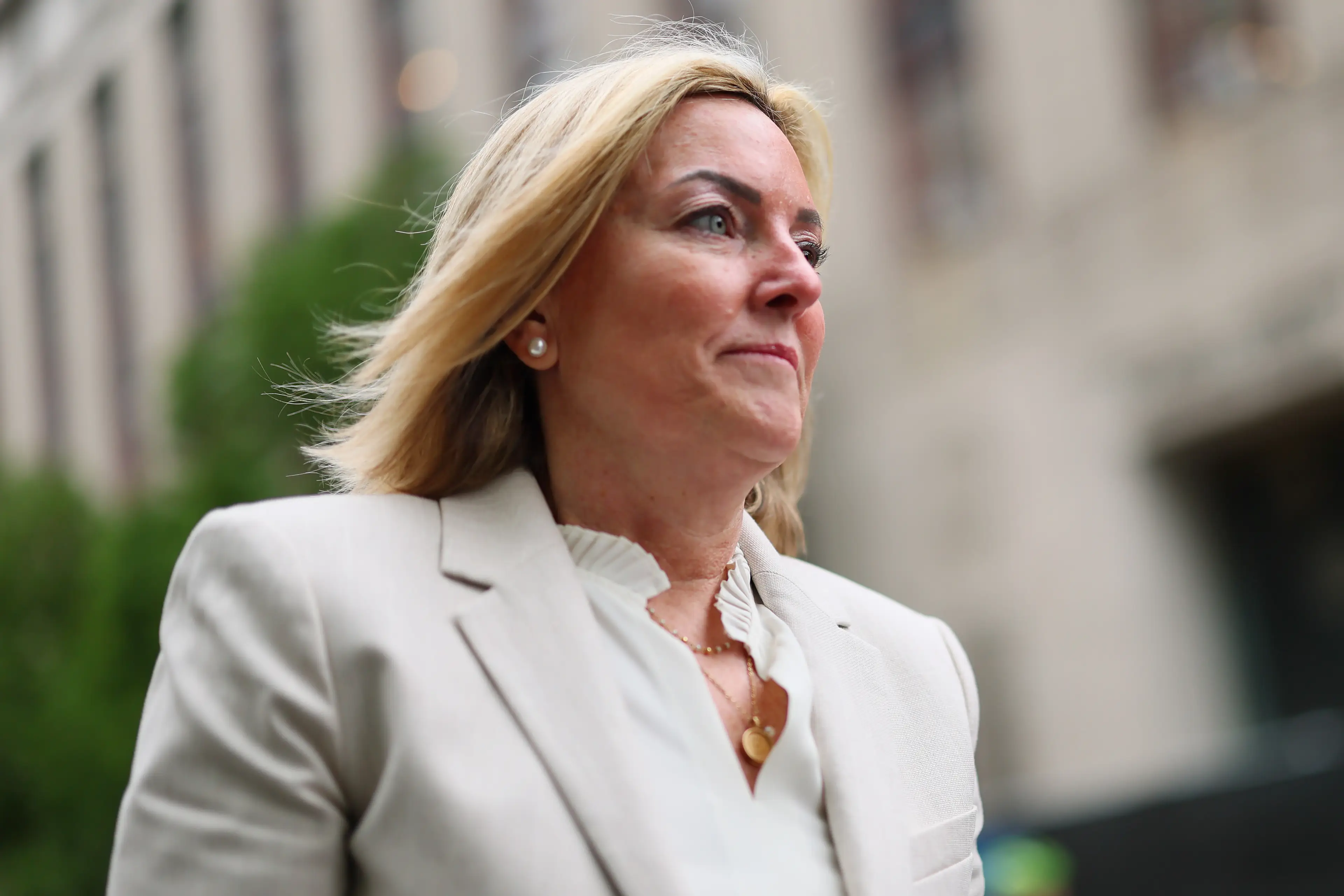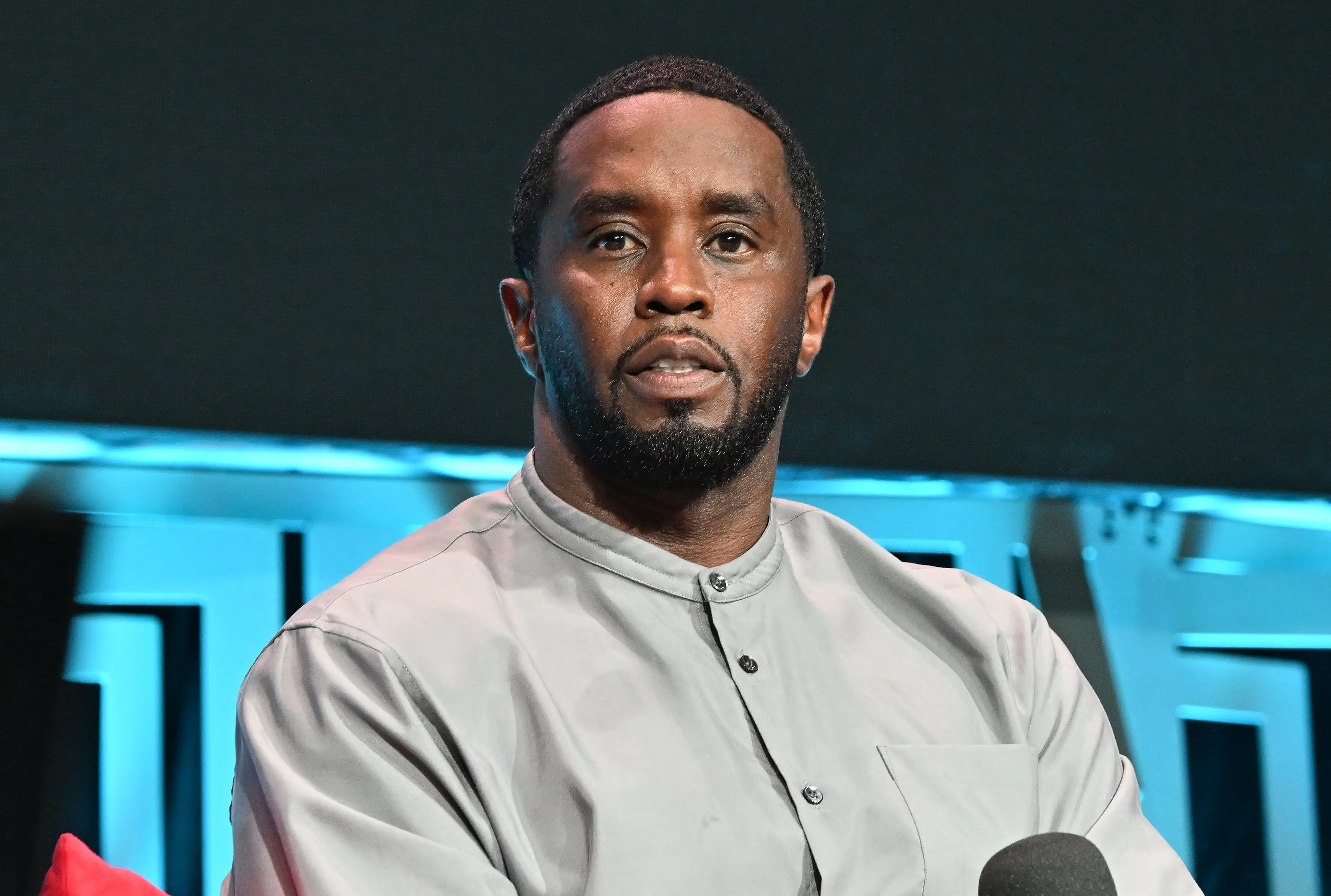
Warning: This article contains allegations of sexual abuse and domestic violence which some readers may find distressing
A psychologist took the stand during Diddy's trial this week to explain why it often takes victims several attempts to sever ties with their abuser.
Dr Dawn Hughes, a board-certified clinical and forensic psychologist, is the first expert witness to be called to testify by prosecutors in the high-profile court case.
Diddy, 55, is currently facing charges of sex trafficking, racketeering conspiracy and transportation to engage in prostitution, all of which he denies. The rapper has pleaded not guilty.
Advert
Yesterday (21 May), Dr Hughes offered up her knowledge on the complex nature of abusive relationships, which comes in wake of Cassie Ventura's emotional testimony last week.
The heavily-pregnant singer, 38, shared vivid details of the 'freak offs' she was allegedly forced to participate in by Diddy, real name Sean Combs, as she claimed she only did so to please her former partner.
Cassie said she agreed to the countless sexual encounters with escorts - despite feeling 'disgusting' and 'humiliated' by them - throughout her 11-year on-off relationship with the music mogul, as she feared the rapper's reaction if she refused.
She also claimed that Diddy 'blackmailed' her and threatened to release footage of the freak offs, while her mother Regina Ventura testified that Diddy demanded $20,000 in return for not publicising the videos.

Cassie told the court she 'didn't have the resources to get out' of the relationship, as Diddy controlled pretty much every aspect of her life, including her career, finances and housing.
"I understood Sean’s capabilities, his access to guns, and the threats that he made prior to that," Cassie said previously.
The 'Me & U' hitmaker also discussed alleged violent assaults she endured and how she struggled to break free from the relationship.
Other witnesses called to the stand, such as singer Dawn Richard, have also testified about the abuse they claim to have witnessed Cassie suffer at the hands of Diddy.
Dr Hughes has since been called in as a 'blind expert' - meaning she is unaware of the details and won't refer to the specifics of the case - to educate the jury about why people stay in abusive relationships for such long periods of time.
"It is common to stay in an abusive relationship," she told the court, as per Sky News. "They stay because they [abusers] are using a lot of behaviours that make people feel entrapped - psychological, emotional, economic abuse - all to keep victims in [a] relationship to make them feel like they can't leave."
The psychologist explained that victims often form an 'intense psychological bond', or 'trauma bond', with their abuser - while the victim's brain 'reorganises' to focus on surviving the relationship, rather than escaping it, the BBC reported.

Discussing physical abuse, Dr Hughes said: "It doesn't have to happen all the time. Once they show the ability to do it, the threats, the controlling and the put-downs, that solidifies the threat of using more physical violence.
"It makes them feel afraid of the threats and they can't get out because of that fear, this proverbial feeling of walking on egg shells and not knowing what is coming next."
Dr Hughes then explained that victims tend to 'minimise' the harm they are suffering, as there is also 'love and kindness in addition to the abuse'.
"The victim wants that, they want that back," Dr Hughes said. "So when that is shown to the victim, that’s very reinforcing."
The psychologist pointed out that break ups are difficult 'under the best of circumstances', but they are even tougher when a person is living in fear of another attack.
"When you have all this violence and abuse, you're just trying to live day to day in this very micro way," the expert continued. "No victim wants to be abused. They stay in the relationship because it's not just about hitting. It's about a lot of abusive behaviours that make a victim feel trapped."
In terms of sexual abuse - which the psychologist dubbed 'one of the highest types of traumatic stress' - Dr Hughes said that this further isolates victims and stops them from seeking help, as they are often dealing with a lot of shame.

"You are walking around injured and harmed, they experience a tremendous amount of shame, humiliation, they don't want to make it public, it prevents them from getting help to get out of the relationship," she said.
This is similar to how emotional abuse can impact victims, according to Dr Hughes, who explained this aspect of ill-treatment gets rid of a victim's 'motivation to do anything that might be helpful', saying: "If you can't talk about what's happening in the relationship, you can't get help."
The psychologist also testified that leaving these kind of relationships is particularly hard when there is status, power or wealth at play too.
"If you’re going against someone who has wealth, access and privilege...," she told the court, saying that a victim may think: "Who’s going to protect me?"
Cassie previously told the court she took substances during freak offs to 'disassociate', and Hughes said this behaviour is often seem in victims who want to 'numb pain', while 'getting rid of' the memories, as well as fear and anxiety.
The trial, which is expected to span for around eight weeks, continues.
If you are experiencing domestic violence, please know that you are not alone. You can talk in confidence to the national domestic violence helpline Refuge on 0808 2000 247, available 24/7, or via live chat, available 10am-10pm, Monday to Friday.
Topics: Diddy, Cassie Ventura, Celebrity, Crime, Sex and Relationships, Mental Health, News